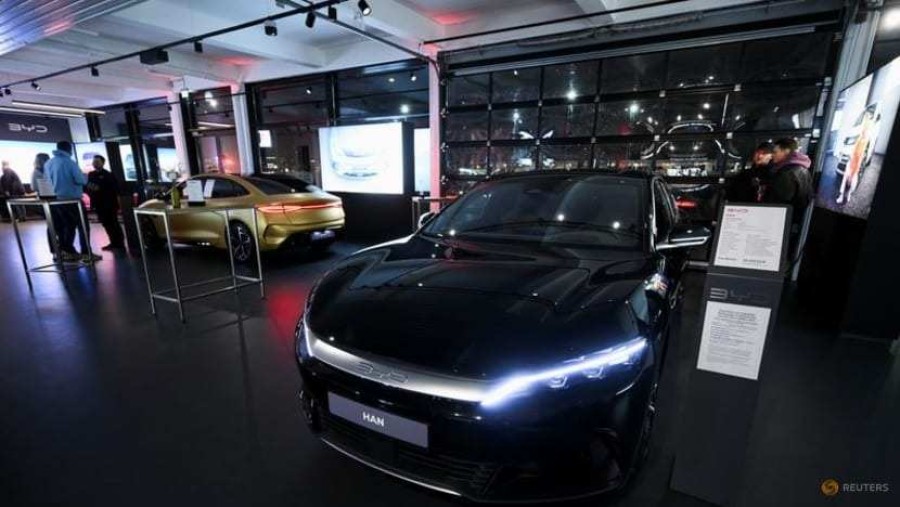China says its EV firms do not rely on subsidies to gain competitive advantage

China's electric vehicle companies do not rely on subsidies to gain a competitive advantage, Commerce Minister Wang Wentao said in a roundtable discussion in Paris on Sunday (Apr 8).
Wang also said that accusations by the United States and Europe of China's "overcapacity" are groundless, according to a statement from the commerce ministry on Monday.
Wang made the remarks at a roundtable meeting of Chinese firms, where he is set for talks that are expected to cover China's exports of electric vehicles into the European market.
"The United States and Europe and other accusations of "overcapacity" are groundless."
Wider discussions will centre around the European Commission's investigation into whether China's EV industry has benefited from unfair subsidies.
The Commission has begun an investigation to determine whether to impose tariffs on exports to protect European car makers. It is due to conclude by November, although the EU executive could impose provisional duties earlier.
US Treasury Secretary Janet Yellen is currently in China where she has said global concerns are growing over China's excess industrial capacity, noting that it is not healthy for China and it is hurting producers in other countries.
